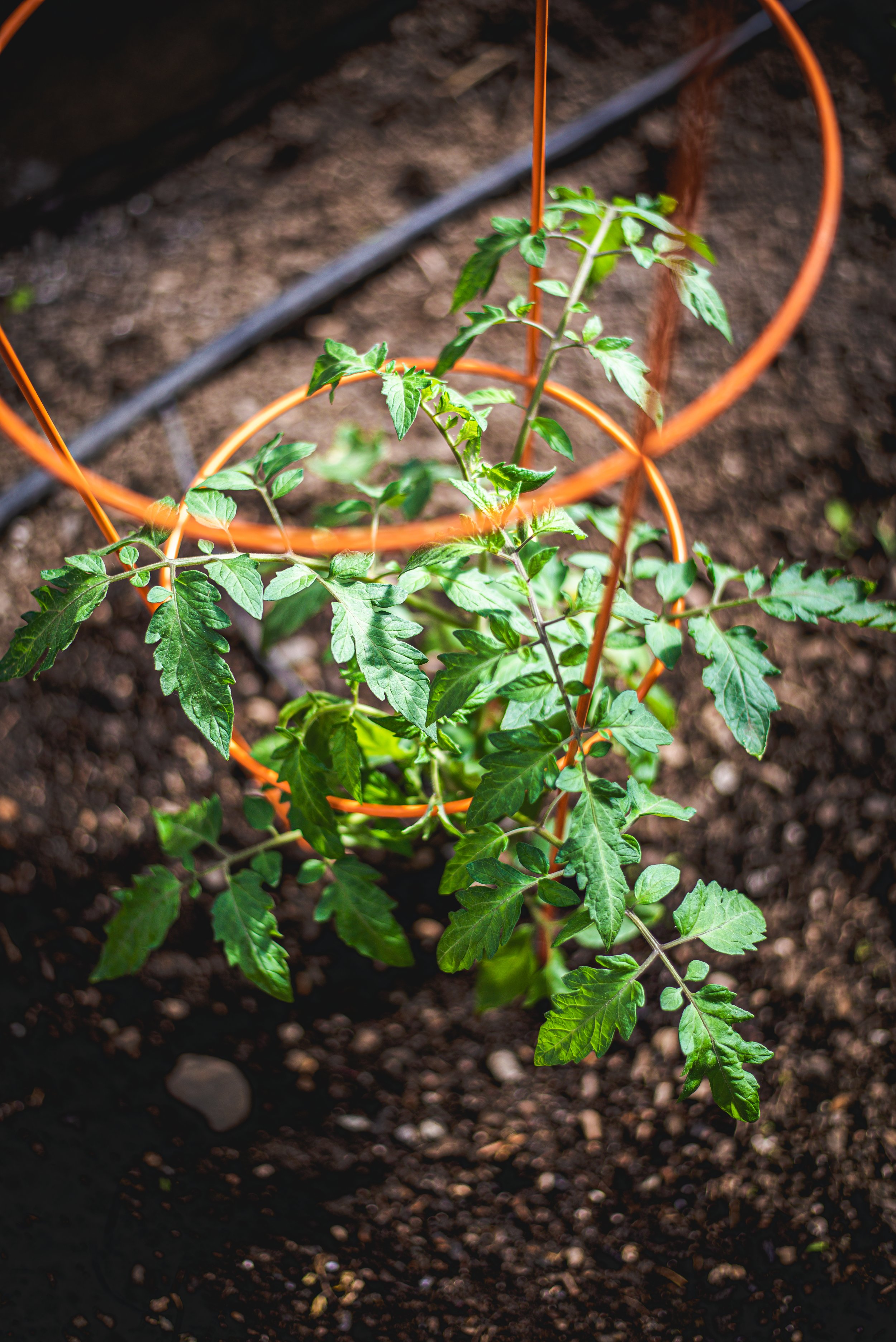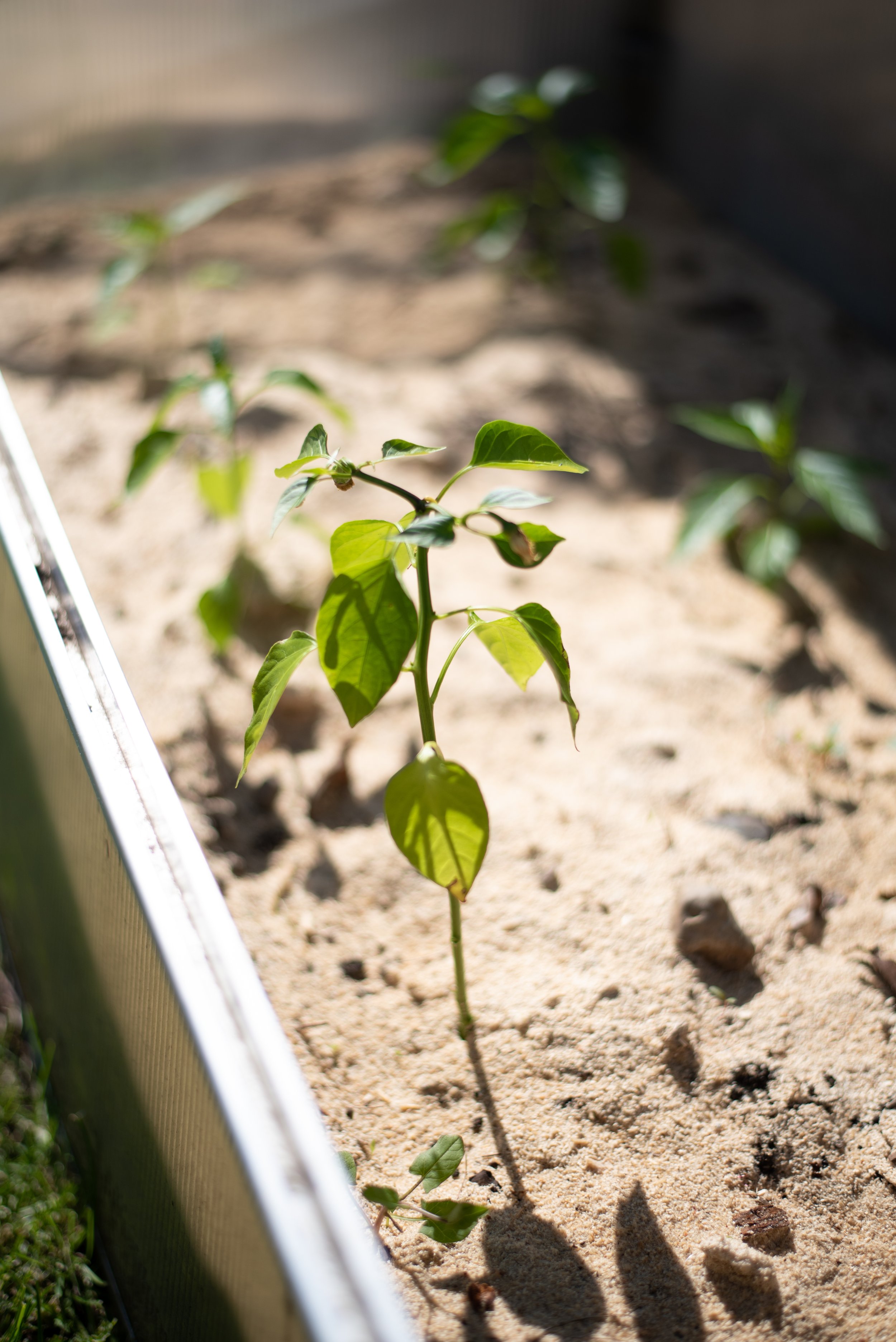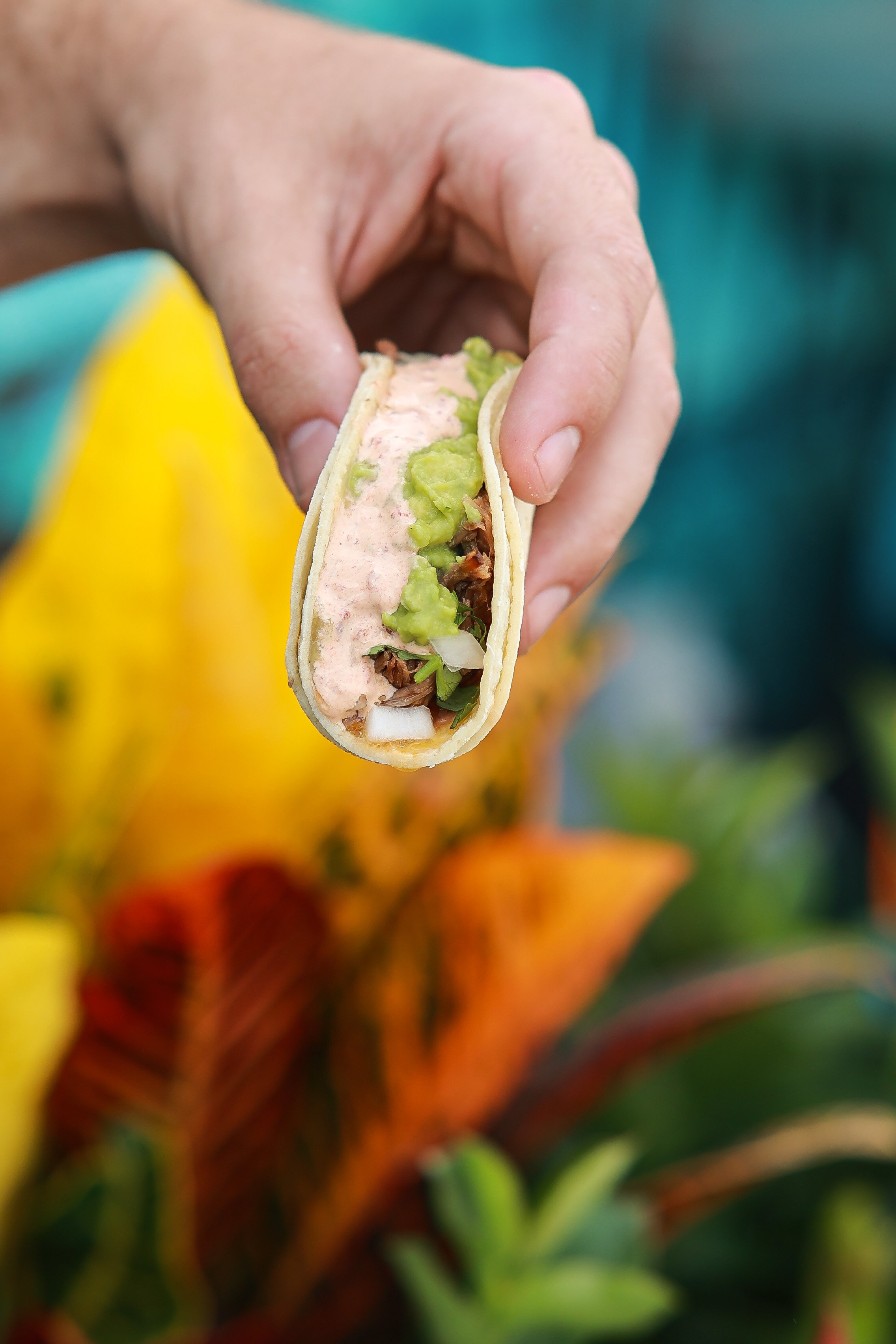Made From Scratch: How a Coeur d’Alene restaurateur cultivates an authentic Italian farm-to-fork restaurant
Fresh basil grows in Angelo Brunson’s backyard garden, which he uses to supply ingredients for his restaurant, Angelo’s. | Photo by Victoria Cooper
Story by Brittney Long | Photos by Victoria Cooper
Countless beds of fresh herbs, wandering chickens and a greenhouse bursting with bright red tomatoes take habitat in Angelo Brunson's backyard. It's the kind of small operation that makes Angelo's Ristorante in Coeur d'Alene, one of the city's standout farm-to-fork establishments.
Executive chef and owner Brunson's European heritage and passion for organic ingredients guide his business model as well as his personal mantra: To eat good quality food and know where it's coming from.
Brunson in his garden. | Photo courtesy of Angelo Brunson.
Open since 2004, the quaint Italian trattoria sits on Fourth Street next door to a local flower shop. The unassuming location features intimate dining areas and a warm, Italian-style patio.. But what makes it most authentic is the locally sourced, organic and sustainable items on the menu.
Brunson acquired much of his experience from working in restaurants and for high-end chefs in the Seattle area. He always knew he wanted to have a restaurant – at 3 or 4 years old he was breaking out the pots and pans, and by 20 he had his own restaurant, the first Angelo’s in Marysville, Washington.
Family History, Fabulous Food
Brunson credits his love for food to his Swiss-Italian heritage – which goes back so far, his family Bible is centuries old.
"I guess it's in my genes, you know," he said. "When you are told your family is more Catholic than the pope."
And so Angelo's was born, a farm-to-fork establishment that endeavors to serve authentic Italian all made from scratch, while upholding Brunson’s personal mission to be environmentally sustainable, organic and healthful.
Brusons provides an extensive menu of authentic Italian dishes prepared with recipes passed down from generation to generation ensuring his patrons get the taste and flavors of Italy in every dish.
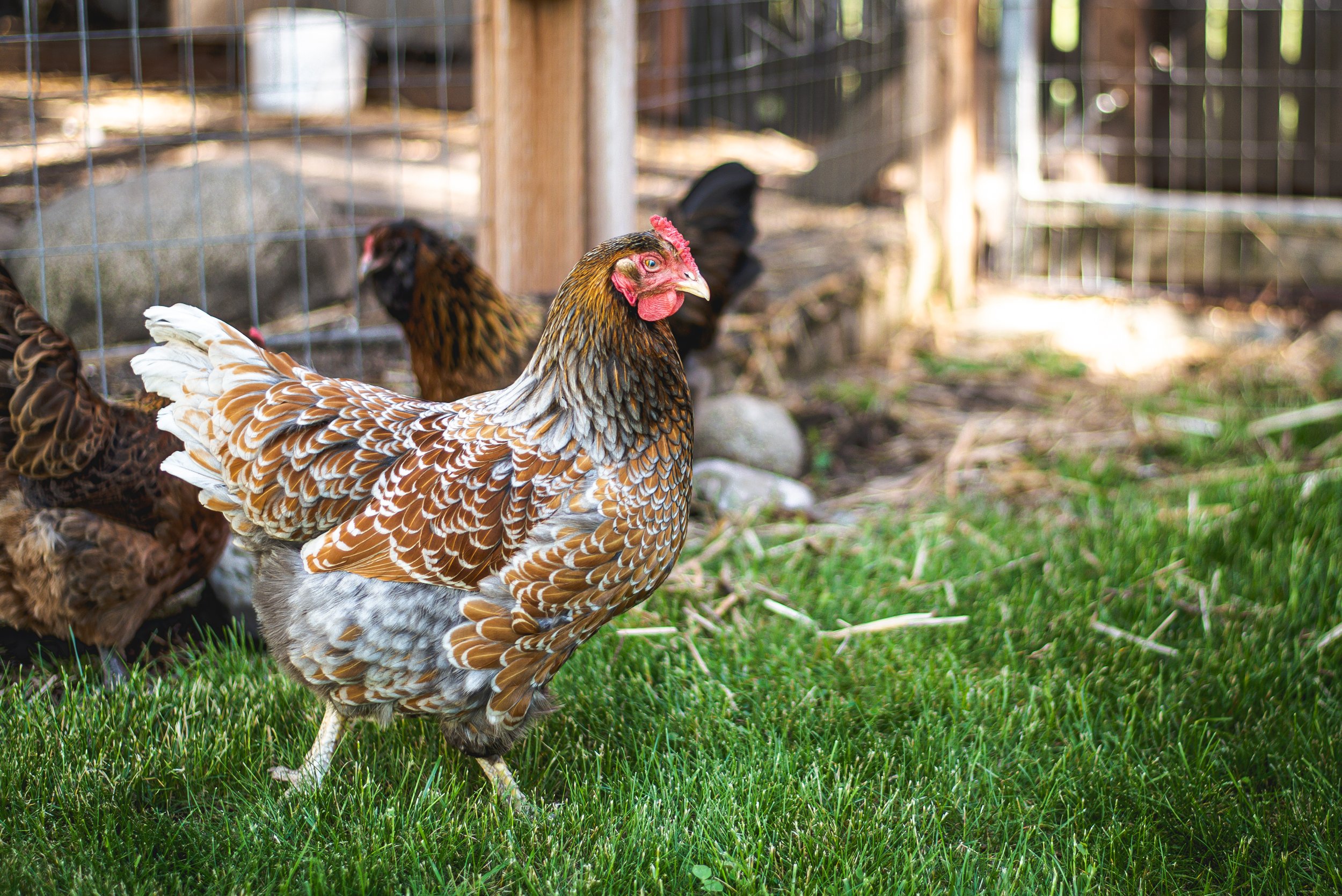

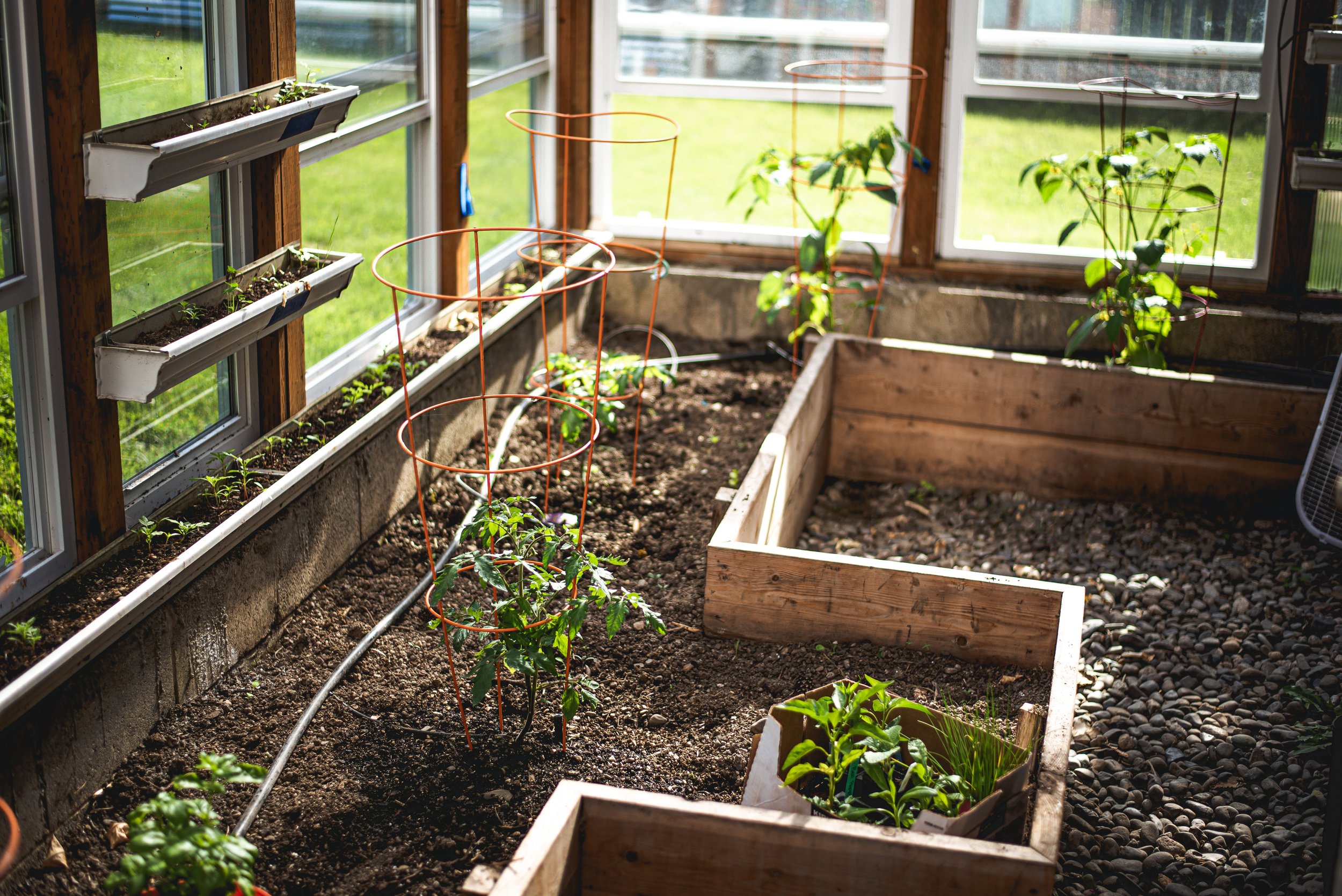
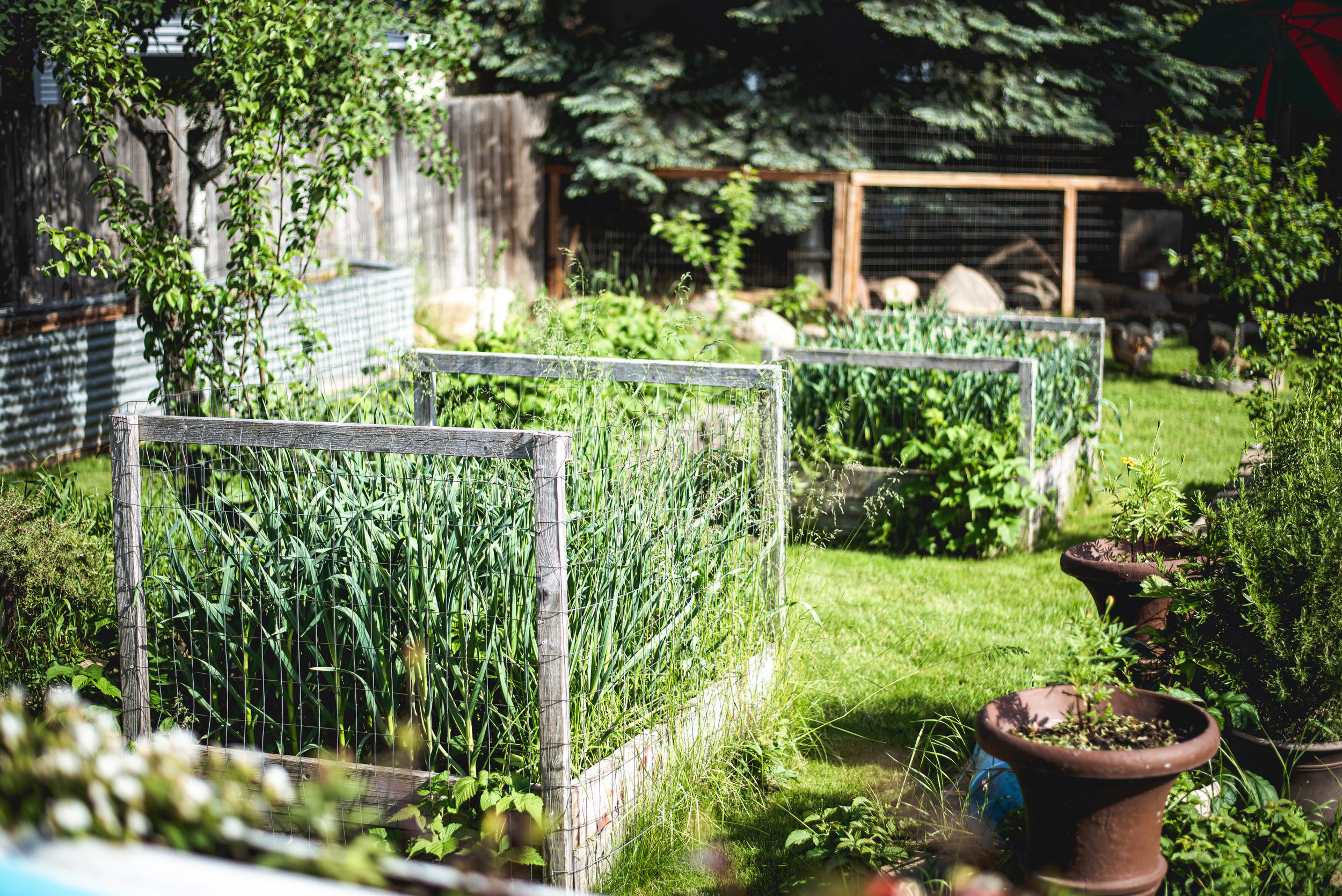
Adding Year-Round Quality
Early in Brunson’s career, he discovered the differences between organic and conventional food.
"I was always a high-end chef, and I always wanted the best of the best,” he said.
He started going to farmers markets and noticed the cantaloupes and watermelons were bigger and better than anything he'd ever seen before.
"Everything tasted so good. I asked the farmer, ‘How did you do this, how do you grow this?’" Brunson said.
The answer he received, and what he incorporates in his own garden to this day, was simply put by the farmer.
"Sheep shit, cow shit, horse shit,” he said with a laugh.
“But you know, the bottom line is they were local farmers growing this stuff,” Brunson said. “I was blown away, I knew that's what I wanted. The good stuff."
The farm-to-fork movement aims to make a shift from mass production to support sustainable practices that meet the needs of people and animals in local communities. Its purpose is greatly focused on the quality of your health and nutrition on your fork.
"People always ask how I stay so thin," Burnson said." I am 54, and most chefs got a little on them ... but I don't eat processed foods. It's all quality, organic foods. And when you grow (your own food) it is really special. I like to know where my food is coming from.”
Brunson’s year-round garden and greenhouse add that "just picked this morning" kind of freshness you get from Italy. The greenhouse provides a fresh variety of tomatoes – the most used vegetable in the restaurant. But that is not to discount the variety of squash, asparagus, cucumbers, rhubarb, garlic, fruits, herbs and much more.
Productive Partnerships for Healthy Meals
Farm to Fork involves not just preparation, but also partnership. Angelo's has co-op farms to source what Brunson can't produce with backyard operation – like the freshly picked oregano he said made just a dent in what the restaurant needs..
Brunson sources beef from nearby operations, always grass-fed and well-marbled.
Brunsonalso looks to improve upon the restaurant’s use and reuse of other materials: He takes restaurant scraps and chicken manure to produce a hearty, and surprisingly not smelly, organic compost. He said that compost provides the magic behind having a flourishing garden.
Brunson said growing produce for his restaurant is simply fun, not a major burden.
But the restaurant business doesn't come without its challenges.
"It used to be difficult getting organic foods, you had to search it out, but the local community now has more ties and it made it easier to source organically sustainable produce," Brunson said.
He especially looks for produce grown without glyphosate, which he is concerned affects the good bacteria in the gut and affects the wellbeing of agriculture.
"You have two brains,” he said – one in your head, one in your belly. "That's why I do what I do, it's what's right and it's what's best for you."



